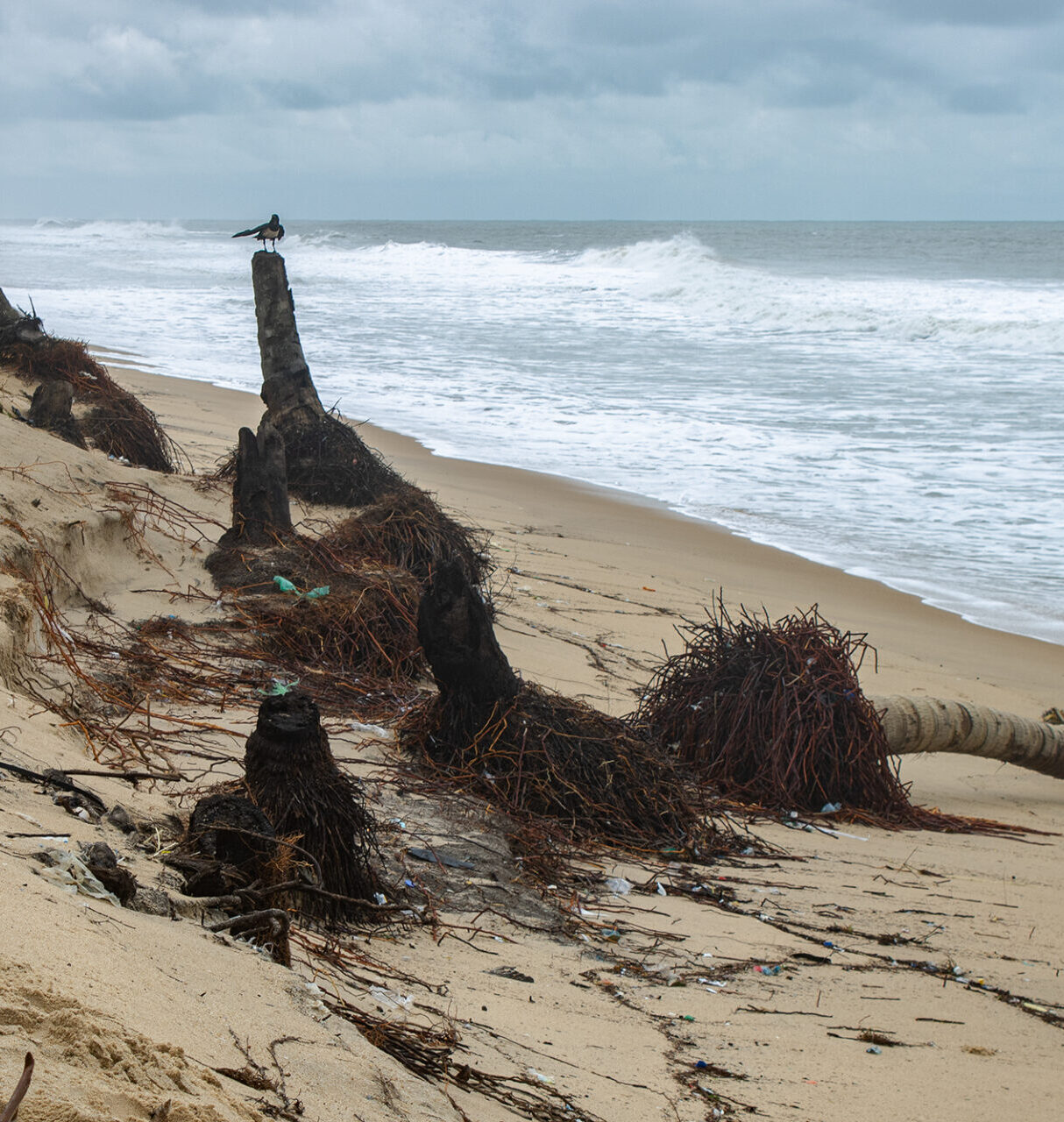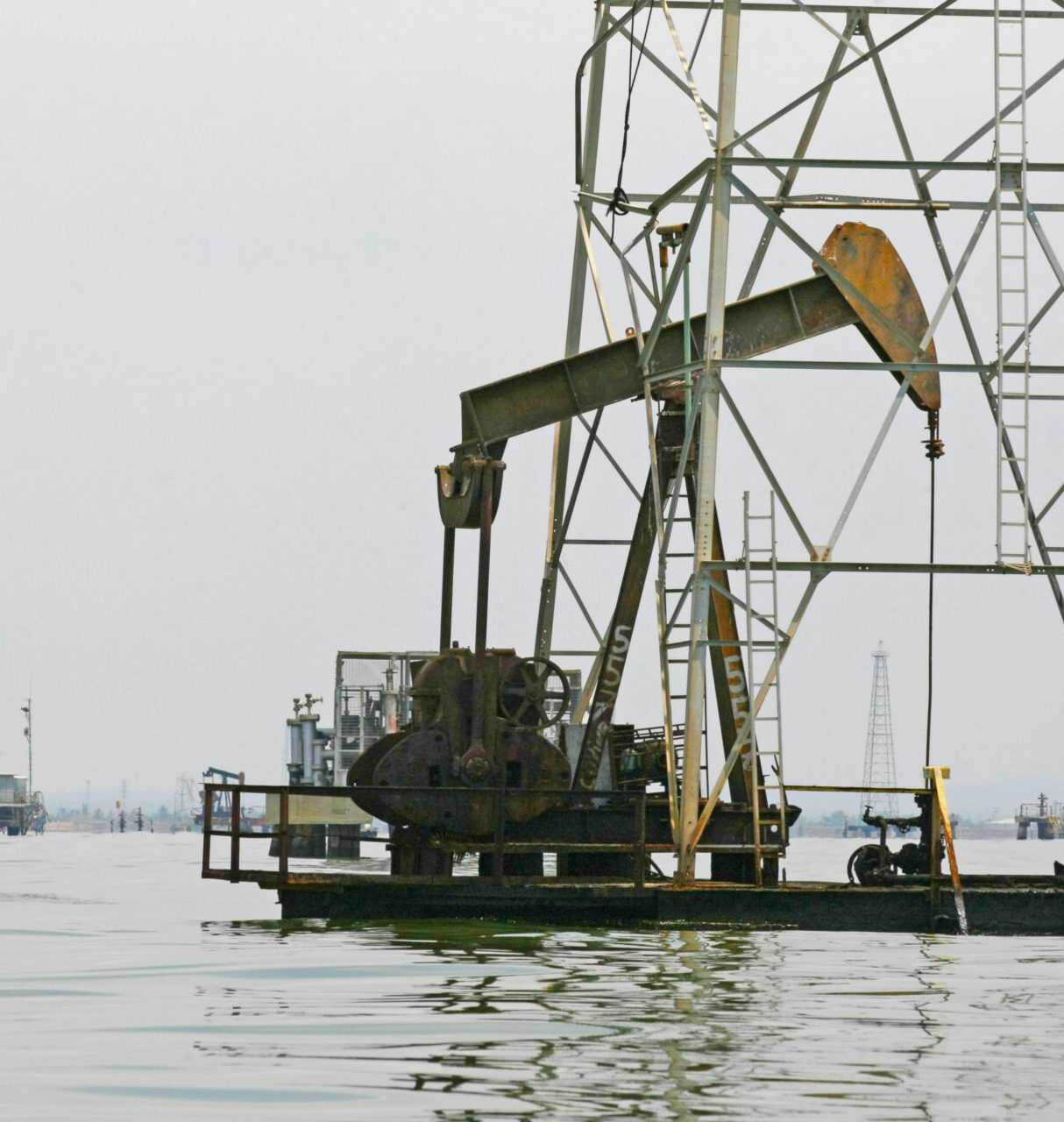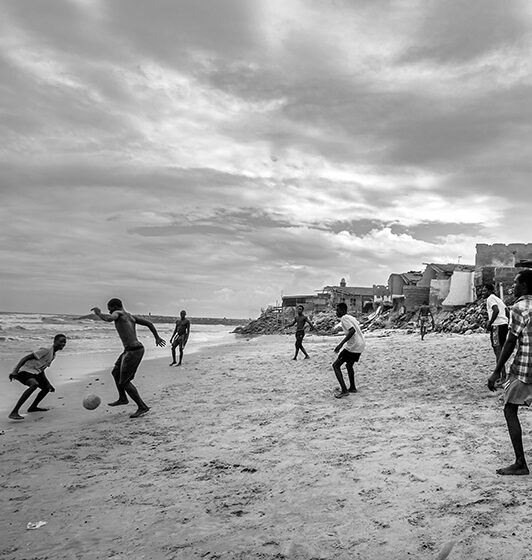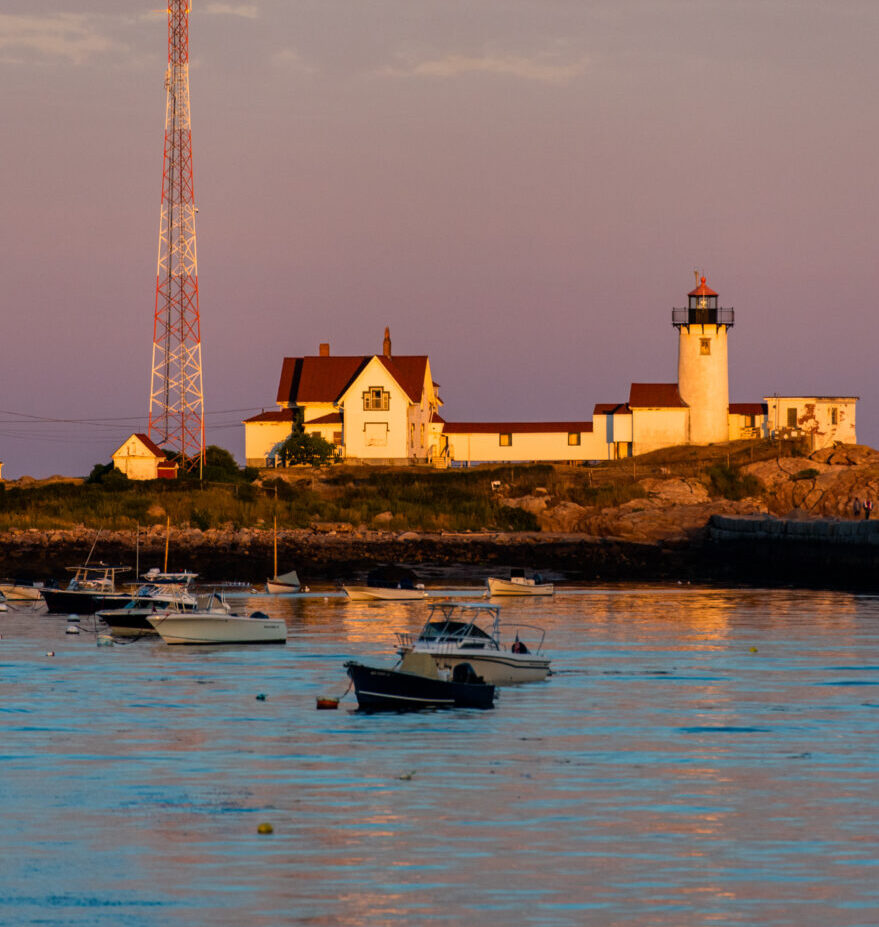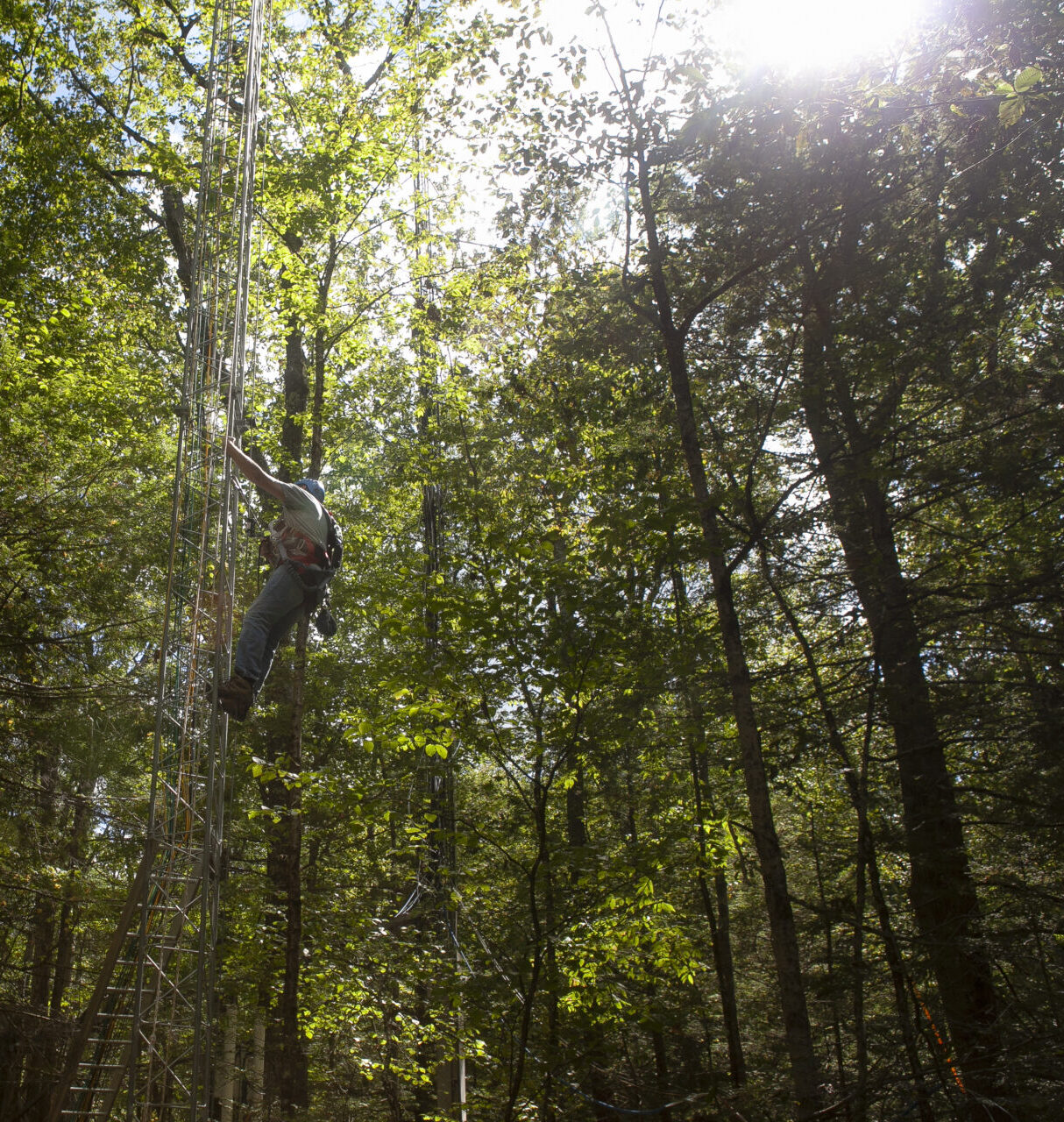ESPP 90B
The EV Revolution: Outlook, Environmental Impact, Policy, and Challenges
Auto is undergoing a technological revolution with the shift to electric vehicles (EVs) and the development of autonomous vehicles. Decarbonizing private transportation is essential to achieving climate goals, with transportation overall representing 28% of U.S. greenhouse gas emissions. EV sales are now growing rapidly: in 2022, battery electric vehicles (EVs) represented about 22% of new vehicle sales in China, 15% in the EU and 5% in the U.S. Forecasts suggest EVs will represent close to 50% of new vehicle sales in the U.S. by 2030 and higher in China and Europe. The EV transition has far-reaching repercussions from emissions to macroeconomic impacts to national security and poses substantial challenges in the rapid development of new supply chains. In this seminar, we will study the intersection of EVs, the energy transition, environmental science, policy, and economics. The current pace of change is dramatic but has roots going back 50 years to early U.S. environmental regulation and efforts to reduce dependency on Middle East oil; auto has been a critical element in trade policy back to the 1994 North American Free Trade Agreement (NAFTA). Policy is pivotal today, in the U.S. and overseas, in terms of determining the pace of EV adoption, how supply chains develop, and how fast they evolve. The Inflation Reduction Act of 2022 (IRA) enables faster EV adoption through tax credits for EV production and purchases. Technological progress, especially in battery technology, will be critical in the path forward. We will analyze a range of EV issues including those highlighted above as well as charging, health impacts, equity, and international market differences.

